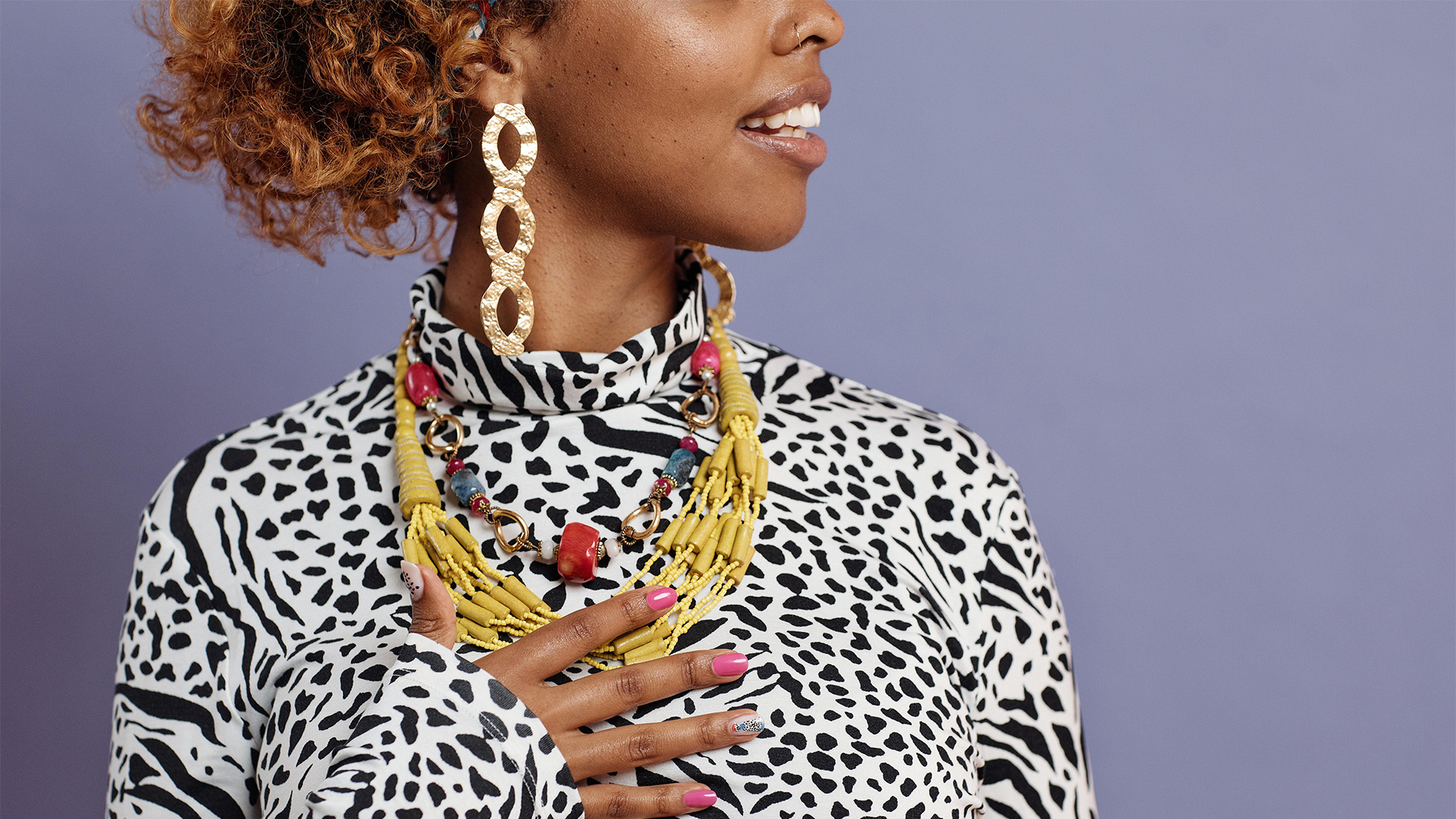Fast fashion is a key market for the average consumer to opt into today's insanely huge Instagram algorithm of popular trends and fashion crazes. And though fast fashion has enveloped a new outlet for access to all of fashion's latest, it’s very damaging on the environment and creates long-lasting detrimental effects through pollution and waste.
Although we are well into the lasting effects of climate change, it’s not too late to help support a more sustainable future by supporting these top Black-owned brands that are continuing to help diversify a predominantly white industry.
1. Aliya Wanek
Founded in 2016, Aliya Wanek is an eponymous womenswear label that connects self-identity and style. With a glamorous viewpoint of ethically-sourced and sustainable materials, Aliya Wanek prides its brand on supporting local contractors in the Bay area to produce and dye all of its garments. The support of local contractors helps to significantly reduce the brand's environmental impact.
2. Come Back as a Flower
Most notably worn by A$AP Rocky and Rihanna, this L.A. loungewear brand is changing the game for ready-to-wear fashion by using 100 percent recycled cotton materials that are ethically and locally produced. Come Back as a Flower hand-dyes their clothing, making this Black-owned brand a must-have for your everyday leisure.
3. Black Borders
Established in 2019, Black Borders is a fashion brand that serves to help support marginalized communities with the least amount of environmental impact. Founded by Marion Maynor, this sustainable inclusive brand wants to help change the world through inclusive design, social responsibility and accessibility.
4. Arrow + Phoenix
Founded and designed by Kayla Bell, Arrow + Phoenix swimwear is domestically manufactured in Nevada through a process that uses 75 percent less energy than traditional manufacturing processes. Arrow + Phoenix offers comfortable, sexy and supportive styles that serve to help uplift women in a positive light.
5. Huri Movement
Homing in on Afrocentric roots and cultural perspectives, Huri Movement noticed a lack of representation within the fashion realm and created a brand to help challenge the lack of diversity. As a result, the sustainable BIPOC brand has created its own culturally charged coalition by using reused fabrics, multi-purpose packaging and the repurposing of Kente fabric designs that support communities in Ghana.
6. Sami Miro Vintage
Sami Miro Vintage is an ethically-sourced clothing supply brand based in the sunny city of L.A. SMV believes in the power of its sustainable ethos, which features certified eucalyptus tencel, organic hemp and cotton blends, vintage denim and deadstock materials sourced directly from the earth.
7. We Are Kin
As a sustainable fashion label, We Are Kin carefully considers and crafts pieces that are earth-friendly by helping to reduce waste and carbon footprints. The brand strongly upholds a sustainable vision with locally-sourced fabrics and conceptual approaches to crafting beautiful garments that look as good as they feel.
8. Nicole Zïzi Studio
Nicole Zïzi Studio is making an eco-conscious effort to create innovative designs that are made with all-natural recycled materials. With an alternative approach to changing how we shop, this eco-friendly brand is not only helping to change our environment but also how we view clothing from a genderless standpoint.
9. Oak & Acorn
Oak & Acorn is the first sustainable denim brand that was created in Harlem. As an eco-friendly company, Oak & Acorn is committed to seeing environmental changes that last by using eco-fibers, such as hemp, refibra, tencel, indigo artisan textiles and deadstock fabrics to craft naturally-sourced pieces of denim.
10. Local European
Local European is changing the sustainable game one step at a time with the reuse of deadstock fabric to help reduce waste, lower their carbon footprint and save energy. The L.A-based brand is giving back to the planet in a mindful way by not restocking items as frequently as fast fashion labels would — a concept that is positively impacting consumerism.
With climate change on the rise, we can help to change the long-lasting effects of fast fashion by supporting more ethical and environmentally-sourced brands that are creating lasting change we can be proud of.
